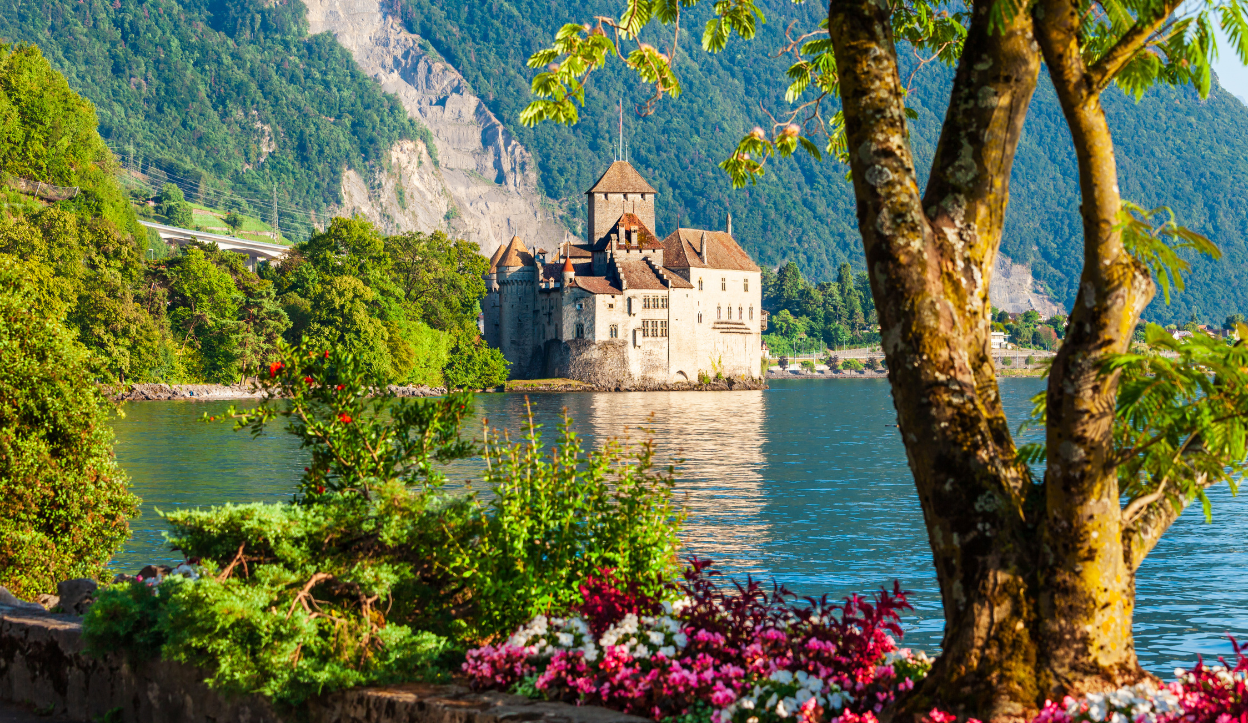Cheapest and Most Expensive Time To Visit Switzerland
Wondering when it’s cheapest to visit Switzerland? This guide explains how timing — and where you go — can dramatically change your travel costs.

Cheapest Time to Visit Switzerland
If you’re searching for the cheapest time to visit Switzerland, it depends heavily on whether you’re going for ski resorts or non-ski destinations like Zurich, Lucerne, Interlaken, or the lake regions.
- For Cities & Lake Regions
The cheapest time is during the winter low season outside of the holidays. From early November to mid-December and again from early January to mid-March (excluding ski holidays), hotel rates drop sharply, crowds thin, and you can enjoy winter charm without peak prices. - For Ski Resorts
The cheapest time is in summer (mid-June to early September), when ski lifts aren’t running for winter sports. Mountain hotels often cut rates in half, hiking trails are open, and alpine meadows replace ski slopes.
Best Time to Visit Switzerland on a Budget (With Good Weather)
If you’re you a budget but looking for pleasant weather without high-season costs, shoulder seasons are ideal — but the “best” shoulder season also depends on where you’re headed.
- Cities & Lake Regions – Mid-April to early June and mid-September to mid-October offer mild weather, fewer tourists, and reduced prices compared to peak summer.
- Ski Resorts – Late June to early September offers sunny hiking days and low lodging rates compared to winter.
Most Expensive Time to Visit Switzerland
If you’re wanting to avoid the most expensive times to visit Switzerland, you’ll need to plan around the opposite peaks for ski resorts versus everywhere else.
- For Cities & Lake Regions
Summer (mid-June to early September) is the most expensive period, when tourists flood to lakes, mountain towns, and scenic train routes like the Glacier Express. Hotels and rail passes are at their priciest. - For Ski Resorts
Winter high season (mid-December to early January and February school-holiday weeks) brings the highest rates of the year. Chalets, hotels, and lift passes spike, and availability is tight in hotspots like Zermatt, St. Moritz, and Verbier. - Major Events
Festivals such as Art Basel (June) and Montreux Jazz Festival (July) can cause short-term price jumps in their host cities, even outside the typical peak seasons.
Price Comparison/Seasonal Tourism Demand
| Time Period | Price Level | Best For |
|---|---|---|
| Mid-June – Early Sept (Cities/Lakes) | 💲💲💲 Highest | Summer scenery, alpine lakes, scenic trains |
| Dec 20 – Early Jan (Ski Resorts) | 💲💲💲 Very High | Holiday skiing, winter alpine atmosphere |
| February school-holiday weeks (Ski) | 💲💲💲 High | Peak ski season demand |
| Mid-Apr – Early Jun (Cities/Lakes) | 💲 Low | Spring blooms, fewer crowds, moderate pricing |
| Mid-Sept – Mid-Oct (Cities/Lakes) | 💲 Low | Fall colors, wine season, pleasant weather |
| Summer in Ski Resorts | 💲 Low | Hiking, mountain biking, off-season alpine stays |
| Early Nov – Mid-Dec & Early Jan – Mid-Mar (Cities) | 💲 Lowest | Winter low season for non-ski trips |
| Late Mar – Mid-Apr (Post-Ski) | 💲 Lowest | Ski areas winding down, discounted lifts & lodging |
